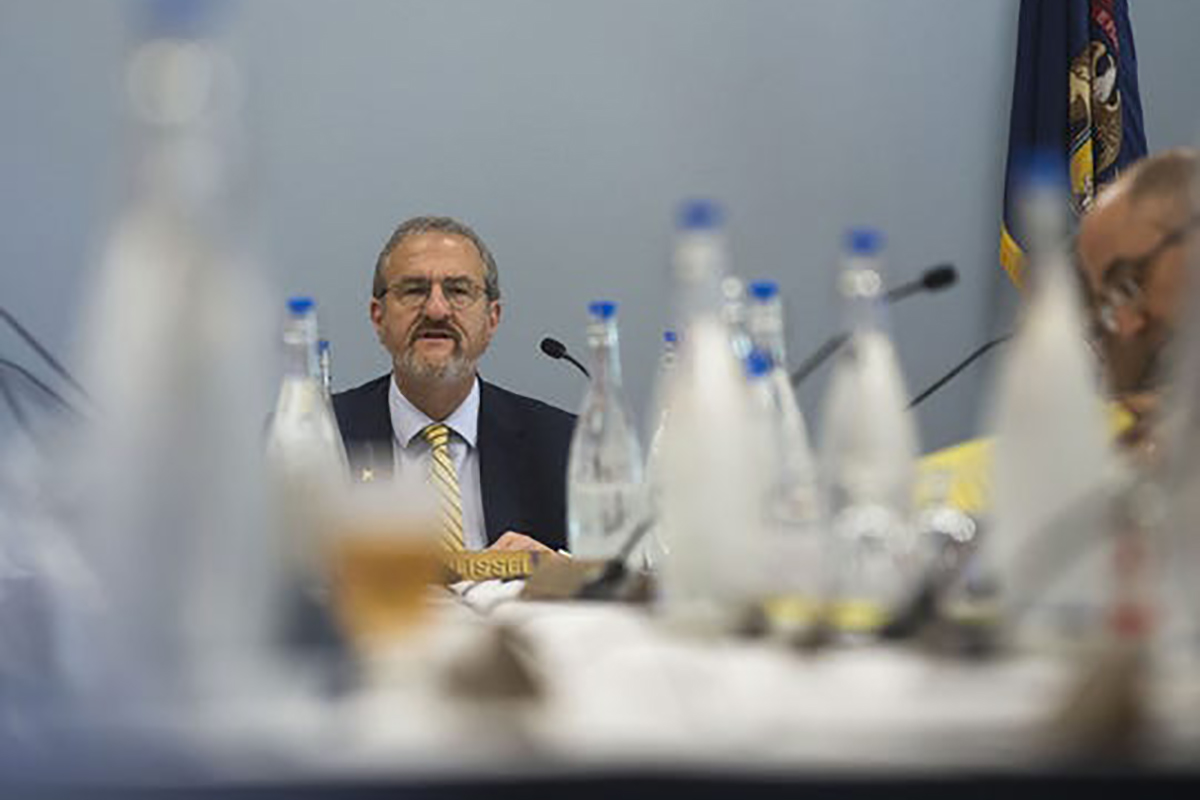
The National Science Foundation has awarded emergency grants to two teams of Princeton researchers developing ways to better track and contain pandemics including COVID-19. The grants were awarded through the NSF’s Rapid Response Research (RAPID) program, which provides support for scientific efforts to respond to emergencies and unexpected events.




